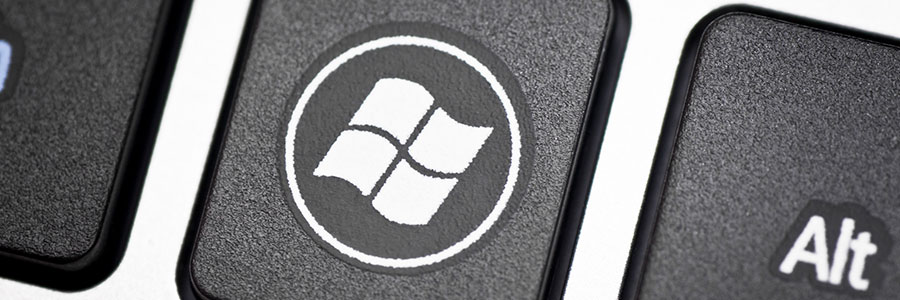Blog

TPM 2.0: Why bypassing it is risky for your business
Microsoft lists a Trusted Platform Module (TPM) 2.0 chip as one of Windows 11’s minimum hardware requirements. Although it was introduced in 2014, that update is not included in the chipsets of many computers only two or three years old. You may be wondering how you can bypass this rule and save money in the process. In this article, we’ll discuss why doing so is risky for your business.
What is a TPM chip anyway?
A TPM is a security chip embedded in modern systems that generates, stores, and protects encryption keys. Commonly found in the latest PCs, Tablets and Smartphones, these chips supply the authentication that unlocks your data when encryption is enabled. Should a hacker or any unauthorized party gain access to your device and try to tamper with your encrypted drives, the chip will render the data useless and prevent Windows from booting up.
TPMs are also used by some apps and web services. For instance, Outlook uses a TPM for handling encrypted emails. Web browsers, on the other hand, utilize it for maintaining SSL certificates used to authenticate and create encrypted connections with websites.
Why shouldn’t you circumvent Windows 11’s TPM requirement?
Some users feel that requiring TPM 2.0 on devices running Windows 11 is too restrictive, and if 1.2 was secure enough for Windows 10 it should be fine for Windows 11. They have been searching for ways to run Microsoft’s newest OS on devices without the required TPM 2.0 chip. But even if such hacks are eventually found, here’s why you’d be wise to avoid them:
TPM 2.0 is more advanced than TPM 1.2
As is the case with most things technical, iterations with higher numbers aren’t just newer, but they come with improved features too. In particular, TPM 2.0 supports more and newer cryptographic algorithms than its predecessors. This means it can generate keys that are harder to break, making devices that use it more difficult for hackers to infiltrate.
Compatibility issues may arise
Like any software manufacturer worth their salt, Microsoft has tested Windows 11 extensively prior to the product’s release -on supported devices. Therefore, running the new OS on devices that don’t meet hardware specifications increases the likelihood of compatibility issues that can lead to various problems, ranging from glitches to outright failure. Addressing these issues may prove to be more expensive than investing in supported hardware to begin with.
Microsoft won’t release updates for unsupported devices
The software giant temporarily relaxed some of its restrictions and allowed unsupported devices to run Windows 11 for some time. They made it clear, however, that unsupported devices won’t be receiving any future updates.
Updates are extremely crucial. Apart from helping improve user experience through new features and quality-of-life upgrades, updates are primarily aimed at defending your OS and your valuable information against continually evolving threats. Not receiving future updates will leave your IT systems and your business vulnerable to cyberattacks.
Reach out to Beringer today!
When it comes to bypassing Windows 11’s hardware requirements, especially if these have something to do with security, just remember this adage: “Just because you can, doesn’t mean you should.” For answers to your Windows11 and security questions, reach out to our team!
Beringer Technology Group, a leading Microsoft Gold Certified Partner specializing in Microsoft Dynamics 365 and CRM for Distribution, also provides expert Managed IT Services, Backup and Disaster Recovery, Cloud Based Computing, Email Security Implementation and Training, Unified Communication Solutions, and Cybersecurity Risk Assessment.




